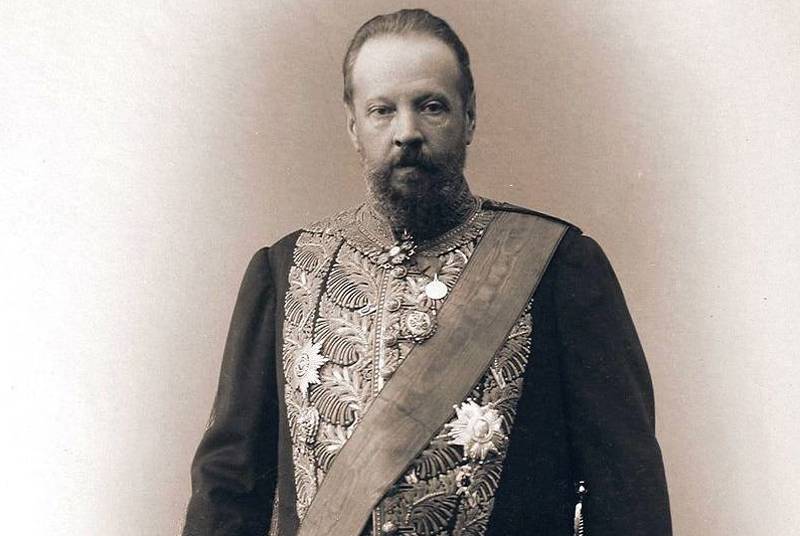Witte's reform as one of the causes of the First Russian Revolution

In 1897, the Minister of Finance of the Russian Empire, Sergei Yulievich Witte, carried out a reform, according to which our country, following the rest of the world, except Mexico and China, joined the gold standard and transferred the ruble to a gold basis.
It is worth noting that gold coins in Russia went before. However, their turnover was insignificant and they used such money mainly as a means of accumulation.
Actually, this played a cruel joke on Witte's reform. When money in Russia became gold, the people, instead of carrying it to banks or savings banks, simply began to store gold in a "jug".
So, if in 1897 the population had 36 million rubles in gold in their hands, then by the end of 1901 the volume of precious coins in the people's "pods" exceeded 645 million rubles.
As a result, banks simply had nothing to issue loans, and they began to encourage the population to put money on deposit at high rates. However, in order to keep the balance, lending rates had to be raised as well.
The latter were mainly used by merchants, who immediately raised the cost of their goods.
This led to the fact that workers began to demand higher salaries from employers. Employers satisfied the requests of their workers, but included the costs in the cost of the final products manufactured at the enterprises. Inflation thus only accelerated.
Despite the gold standard, the ruble was still losing its purchasing power.
But that's not all. Not all enterprises could raise the price of their products. Consequently, the salaries of workers in such cases also did not increase.
As a result, protest moods began to grow among the latter, which led to the First Russian Revolution.
Information